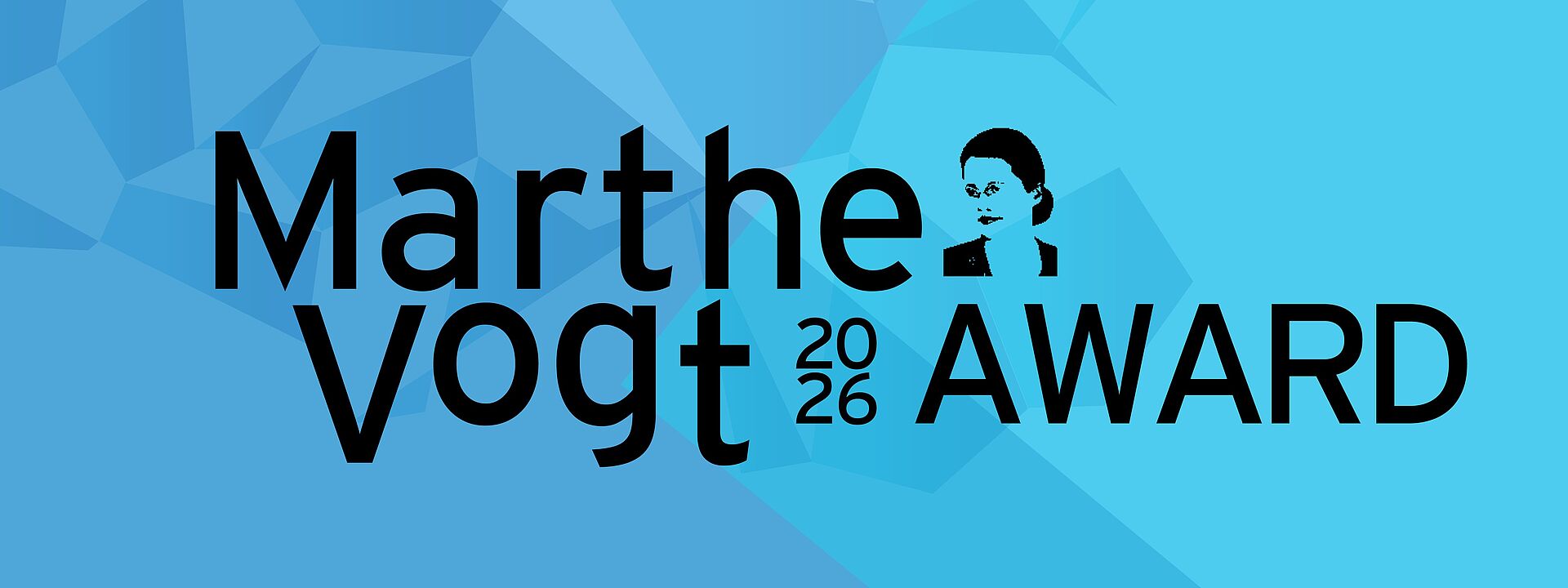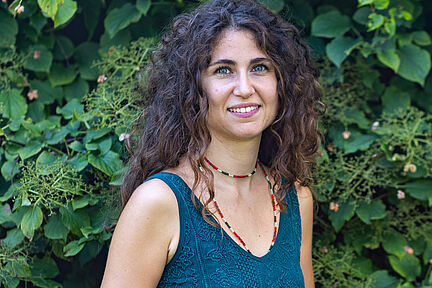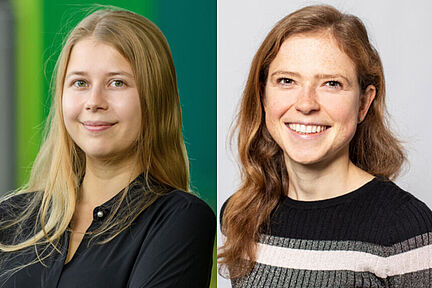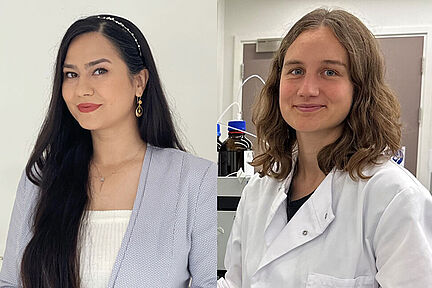The Marthe Vogt Award

Every year since 2001, FVB has presented the Marthe Vogt Award worth € 3,000 to a young female scientist who has written an outstanding PhD within a scientific area covered by FVB in the region of Berlin and Brandenburg.
Marthe Vogt Award 2026
The Forschungsverbund Berlin e. V. announces the Marthe Vogt Award 2026 for an outstanding young female scientist.
The award intends to honour an excellent doctoral thesis which is related to the research fields of the FVB institutes and was written in the Berlin/Brandenburg region. For further information, please see the call for nominations.
The call for nominations is open until May 31, 2026.
E-mail: marthe-vogt-preisfv-berlin.de
Phone: +49 30 200737-324
The Award
The Marthe Vogt Award honors an outstanding doctoral thesis in a field of research covered by one of the institutes of the Forschungsverbund Berlin. The institutes’ fields of research include, among others, molecular pharmacology, structural biology and chemical biology, new materials, aquatic ecology and biodiversity research, veterinary medicine, biotechnology and environmental research, nanomaterials, quantum materials, optoelectronics and materials research, laser research and light matter interaction and applied mathematics. The doctorate should have been completed at a non-university research institution or at a university in the Berlin/Brandenburg region.
Name giver Marthe Vogt (1903–2003) researched neurotransmitters and worked at the Kaiser-Wilhelm-Institut für Hirnforschung in Berlin-Buch, today‘s location of our Leibniz-Forschungsinstitut für Molekulare Pharmakologie (FMP). She is a role model for our prize in an academic and human way. Because of the National Socialist policy against Jewish scientists, she left Germany in 1935 and continued her research in Great Britain.
Artwork: Anja Matzker | The modified portrait of Marthe Louse Vogt is licenced under CC BY 4.0 to the best of one's knowledge.
Other winners:
Innovative bat research: Ahana Aurora Fernandez is winner of the Marthe Vogt Award
On salinized mitochondria und non-Gaussian diffusion
Methodological tour de force: Biochemist Annita Louloupi receives Marthe Vogt Award
Understanding biomolecules
Promising crystals: Dorothee Braun wins Marthe Vogt Award
Physicist Lisa Torlina receives Marthe Vogt Award
Berliner Mathematikerin erhält Marthe-Vogt-Preis
Nachwuchswissenschaftlerin erhält Preis für Präventionsforschung
Mit Falllaub kann man Preise gewinnen
Ausgezeichnete Doktorarbeit: Stammzellen bekämpfen Hirntumor
Doktorarbeit zum Zellstoffwechsel ausgezeichnet
Wie das Immunsystem sein Gedächtnis entwickelt
Krebstherapie mit Sicherheitsschalter
"Antifaltenkur" für Peptide
Wie Nervenzellen kommunizieren
Die Sprache der Neuronen verstehen
Wie Bakterien das Gehirn angreifen
Nachwuchswissenschaftlerinnen-Preis 2005 verliehen
Wie Knochen wachsen
Junge Mathematikerin löst Jahrzehnte altes Problem
Preis des Forschungsverbundes Berlin an junge Biologin
Forschungsverbund Berlin vergibt Nachwuchswissenschaftlerinnen-Preis




